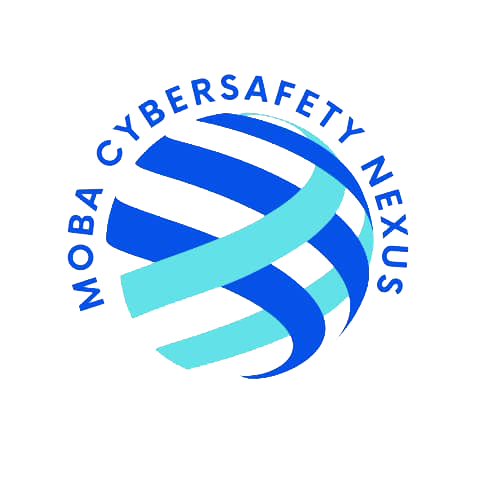Essential Cybersecurity Safety Tips to Protect Your Digital Life

Introduction
In an increasingly connected world, cybersecurity has become a vital aspect of our daily lives. From personal devices to corporate networks, the digital landscape is fraught with potential threats that can compromise our privacy, financial security, and overall well-being. As we navigate through the complexities of the internet, it’s essential to adopt best practices that safeguard our digital presence. This blog post will explore crucial cybersecurity safety tips, providing you with the knowledge needed to protect yourself and your data from cyber threats.
1. Use Strong, Unique Passwords
One of the simplest yet most effective ways to enhance your cybersecurity is by using strong, unique passwords for each of your online accounts. A strong password typically includes a mix of upper and lower case letters, numbers, and special characters. Avoid using easily guessable information like birthdays or common words. To manage multiple passwords, consider using a reputable password manager, which can generate and store complex passwords securely.
2. Enable Two-Factor Authentication (2FA)
Two-Factor Authentication adds an additional layer of security to your accounts by requiring a second form of verification in addition to your password. This could be a code sent to your phone, a fingerprint scan, or a token generated by an authentication app. By enabling 2FA, you significantly reduce the chances of unauthorized access, even if your password is compromised.
3. Regularly Update Software and Devices
Cybercriminals often exploit vulnerabilities in outdated software and devices. Regular updates patch these vulnerabilities, making it harder for attackers to gain access. Ensure that your operating system, applications, and antivirus software are always up to date. Most devices offer automatic updates—enable this feature to maintain the latest security measures without having to remember to do it manually.
4. Be Cautious with Public Wi-Fi
Public Wi-Fi networks are convenient but often insecure, making them a prime target for hackers. When using public Wi-Fi, avoid accessing sensitive information such as online banking or personal accounts. If you must use public Wi-Fi, consider using a Virtual Private Network (VPN), which encrypts your data and hides your online activity from potential eavesdroppers.
5. Recognize Phishing Attempts
Phishing is a common cyber attack where criminals attempt to trick you into providing personal information, such as passwords or credit card numbers, by pretending to be a trustworthy entity. These attempts often come through emails, text messages, or phone calls. Be wary of unsolicited messages asking for personal information, and never click on links or download attachments from unknown sources. Verify the authenticity of the communication by contacting the organization directly through official channels.
6. Secure Your Home Network
Your home network is the gateway to all your connected devices, making it crucial to secure it properly. Start by changing the default username and password of your router, as these are often known and easily exploited by attackers. Enable network encryption, such as WPA3, to protect the data transmitted over your Wi-Fi. Additionally, consider setting up a separate guest network for visitors to prevent them from accessing your primary network.
7. Backup Your Data Regularly
In the event of a cyber attack, such as ransomware, having a recent backup of your data can be a lifesaver. Regularly backup important files to an external hard drive or a cloud storage service. Ensure that your backups are kept separate from your main devices to avoid them being compromised in an attack. With proper backups, you can quickly restore your data without paying a ransom or losing valuable information.
Check Also
8. Use Antivirus and Anti-Malware Software
Antivirus and anti-malware software are essential tools in defending against cyber threats. These programs can detect, quarantine, and remove malicious software before it causes harm to your system. Ensure that your security software is updated regularly and run scans frequently to catch potential threats early.
9. Limit Personal Information on Social Media
Social media platforms are treasure troves of personal information, which can be exploited by cybercriminals. Limit the amount of personal information you share online, and be mindful of your privacy settings. Avoid posting sensitive details such as your home address, phone number, or travel plans. Cybercriminals can use this information for identity theft or other malicious purposes.
10. Educate Yourself and Stay Informed
Cybersecurity threats are constantly evolving, making it crucial to stay informed about the latest risks and best practices. Regularly read cybersecurity blogs, follow industry news, and consider taking online courses or webinars. By staying educated, you can adapt your security measures to counter new threats effectively.
In today’s digital age, cybersecurity is not just the responsibility of IT professionals—it’s something everyone must prioritize. By following these cybersecurity safety tips, you can significantly reduce your risk of falling victim to cybercrime. Remember, staying safe online is an ongoing process that requires vigilance and proactive measures. By taking the time to secure your digital life, you can enjoy the benefits of technology without compromising your security.
























